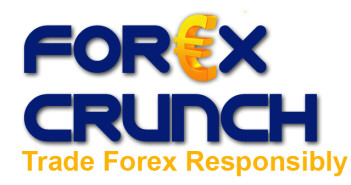The foreclosure freeze that started at the beginning of October 2010 is already hurting the already-fragile economy. The mortgage mess could also be factored by the Federal Reserve as it makes its critical decision on more quantitative easing. A sign for dollar bears?
The foreclosure freeze is gradually getting to the forefront of the news – a Bloomberg article dives into the issue, that hasn’t been highlighted by mainstream media at the beginning:
“If what’s a hiatus turns into a moratorium, that’s quite problematic,” Stan Humphries, chief economist for Zillow, a Seattle-based real estate data provider, said in an interview. “It will delay the ultimate bottoming process in the market.”
The article brings stories from different places in the US, where problematic evidence is already seen.
In my previous article about the foreclosure freeze, I argued that if this will last for a long time, people will ask the obvious question: If they can’t take my house, why should I pay for it? This snowball can still be stopped, but the situation is so complicated, that it will take lots of time to unwind.
Regarding forex trading, a weak or collapsing housing sector means a weaker dollar, especially if it impacts the size of quantitative easing. The FOMC will announce its decision on Wednesday regarding the dollar printing program – the talk about the program already brought the dollar down, but it stabilized, and the moves in currencies depend on prices.
If Ben Bernanke and his colleagues fear the foreclosure freeze crisis, they might lean towards a bigger program which will hurt the dollar.
In the long term though, a second and more painful housing collapse in the US can have a deep effect on the whole world. And in times of crisis, the dollar is absurdly the “safe haven” currency. Here’s more about the foreclosure freeze, including the impact on volatility.
Want to see what other traders are doing in real accounts? Check out Currensee. It’s free..
